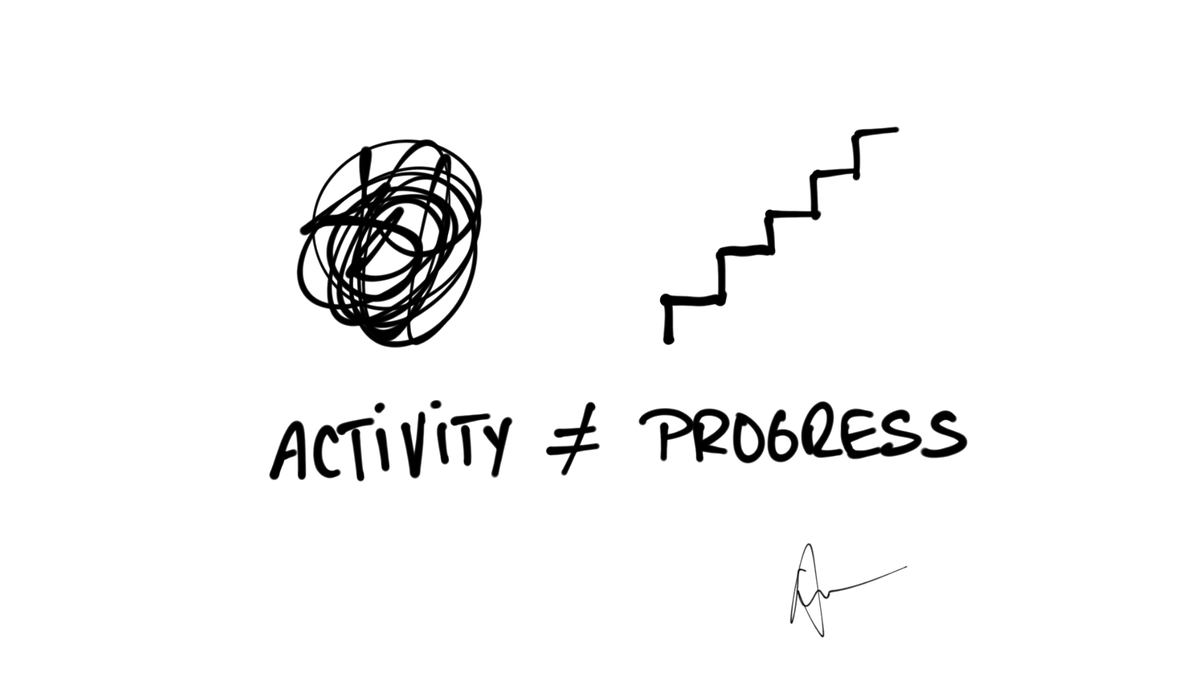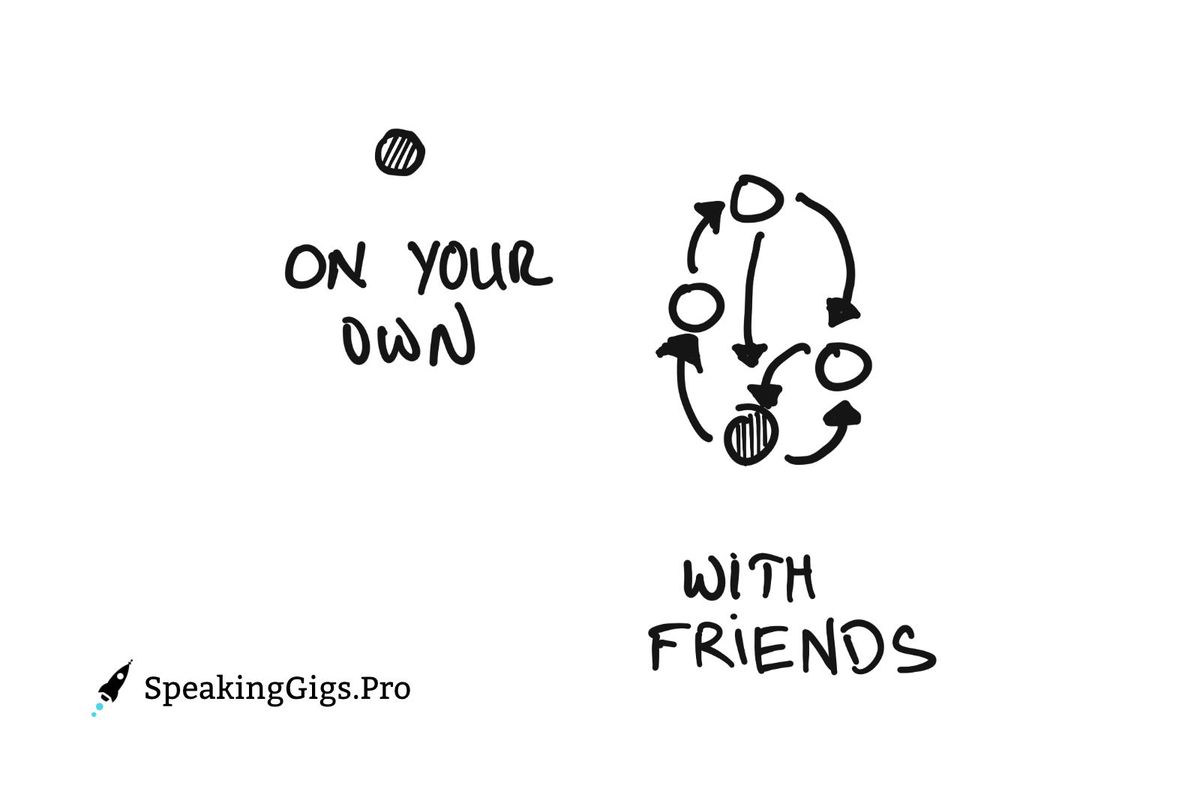Cold outreach…
Even the name sounds un-friend-ly… 🥶
Yet, this is a strategy many speakers rely on to earn new gigs. They build a list of prospects, compose an email, and then hit “send” hoping the event organizer will write back to hire them on the spot.
We’ve written before about cold outreach and the extreme price you pay in time investment compared to the minimal ROI.
Still, there is a question to be answered…
Do they hate it? Or, for some, does it actually build real connections that lead to honest-to-goodness gigs?
We decided to find out in this latest edition of Backstage: A behind-the-scenes glimpse into what event organizers really think about speakers.
::CUE THEME MUSIC::
And for this latest query, we’ve once again brought in three anonymous (but very real) event organizers who shared their opinions. Let’s refer to them this week as Rachel, Phoebe, and Monica, “friends” to us all!
Yes, those Friends. Don’t worry, no smelly cats or Central Perk cameos here... just real event organizer opinions.
The One Where We Define Cold Outreach
First a brief glimpse of what exactly counts as cold outreach…
This topic first came up when one of our subscribers, Natsuyo Lipschutz, noticed a function on eSpeakers.com that provides a list of bureau and association contacts. She wondered if there was any value in trying cold calling with these names.
I broke down the numbers and determined that just ONE earned gig would require approximately 228 hours of work, making 342 calls to event organizers, and securing a gig at an average price of $5,000. This earns an ROI of roughly $21.93 per hour.
OUCH!
(If you want to see how I got those numbers, check out our previous article.)

Many speakers make the mistake of blasting out generic emails to many different event organizers all at once.
Sure, it saves time because you don’t have to customize each note. BUT, think about it from the event organizer’s perspective.
How many emails do you think they get per day during their event season?
And if your note gives no sort of indication that you know their industry or audience, what motivation could they possibly have for replying?
Those are nice questions, but let’s take the conversation directly to the source and check in with our three event organizer gal pals (Monica, Phoebe, and Rachel.)
The One Where Monica Hates Wasted Time
Monica is no-nonsense. When she’s not color-coding the awards dinner seating chart like her Tupperware cabinet, she’s swatting away a ton of 'cold outreach.’ She shared:
“I started getting a ton of cold outreach as soon as I posted other speakers who we had hired on our events page. I guess people assumed that if we could afford those speakers, we could afford them too.”
In reality, Monica doesn’t mind cold outreach too much as long as the speakers include two significant pieces of information:
“They must include a budget range and they must be willing to negotiate. Once, I scheduled a call with a speaker and it turned out they wanted $40k for their speech.
It makes me feel like I wasted my time because they could have told me that in advance before getting on the call. I got so annoyed that I’ll never ever hire that speaker even if I did have the $40k budget!”
Whoa, that's tough.
The One With Smelly Cold Outreach
Phoebe is a free-spirit association director. If she had a theme song, it’d be something like ‘Smelly Cold Outreach’... because she files most of those emails away in the trash bin without even opening them.
When asked how she rates cold outreach (“one” … deletes it on sight and “ten”... she loves it)... she replied with a three.
“I get so many cold outreach emails and most of them are irrelevant. I just file them away in the trash. I don’t even read them.”
Phoebe feels like all cold outreach emails can go on the backburner. She’d much rather find speakers elsewhere.
“All of the best speakers come from referrals from members. I will also look at some of our top speakers and see what other speakers they are connected with closely on LinkedIn.”
I personally thought this was really interesting, because it sounds like Phoebe is tuned into the idea of a referral ring. For instance, if her audience enjoyed my speech, she would look into other speakers I work closely with, including pals like Ann Handley, Marcus Sheridan, and Jay Baer (speakers who are in my close network.)








